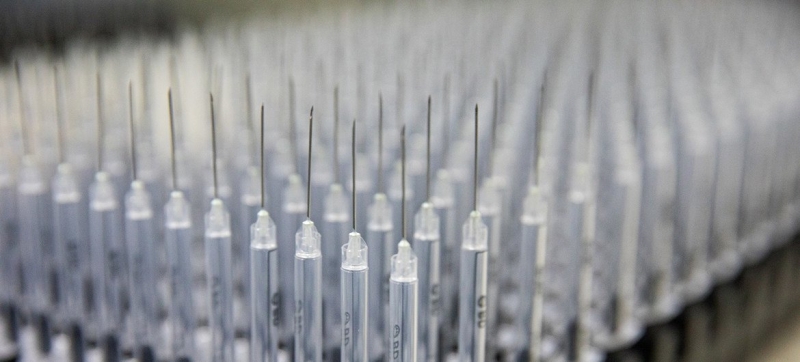
Periodic injections could be effective in the fight against AIDS. New long-acting drugs could revolutionize HIV treatment Health
The innovative drugs lenacapavir and cabotegravir could revolutionize HIV treatment and prevention and completely change the fight against AIDS, according to experts from the Joint United Nations Programme on HIV/AIDS (UNAIDS). Lenacapavir, named Breakthrough Science of the Year 2024, requires injections only twice a year. Cabotegravir, administered every two months, is already available in some countries.
These tools could benefit millions of people, including those at high risk of infection, as well as the 40 million people living with HIV who need improved treatment options.
A game changer
Since the 1980s, AIDS has claimed more than 42 million lives. Despite progress, 1.3 million people will become infected with HIV in 2023 alone, far exceeding the global target of 370,000 new infections per year by 2025. The introduction of long-acting drugs could be a game changer in the fight against the virus.
Long-acting drugs are an alternative to daily pills. For vulnerable groups such as young women, LGBTQ+ people and sex workers, periodic injections are a more reliable and effective treatment.
Overcoming Social Barriers
However, social barriers remain. The high cost of these drugs (lenacapavir currently costs $40,000 per person per year in the US) is a significant challenge. UNAIDS estimates that the drugs could be produced for as little as $40 per person per year if produced at scale. Although pharmaceutical companies such as Gilead and ViiV have initiated licensing agreements to produce affordable versions of the drugs, many countries in the Global South have been left behind.
UNAIDS and global health leaders are calling for urgent action to ensure access to new medicines. They are reminded of the lessons of the past, when antiretroviral therapy was delayed in developing countries, leading to millions of deaths. The rapid rollout of COVID-19 vaccines globally demonstrates that effective international collaboration is possible.
“Our chance to end AIDS”
2025 is seen as a pivotal year for tackling HIV. With political will, fair pricing and universal access to these medicines, the world can move closer to ending AIDS. “This is our chance to end AIDS, and we cannot afford to miss it,” said UNAIDS Executive Director Winnie Byanyima.
